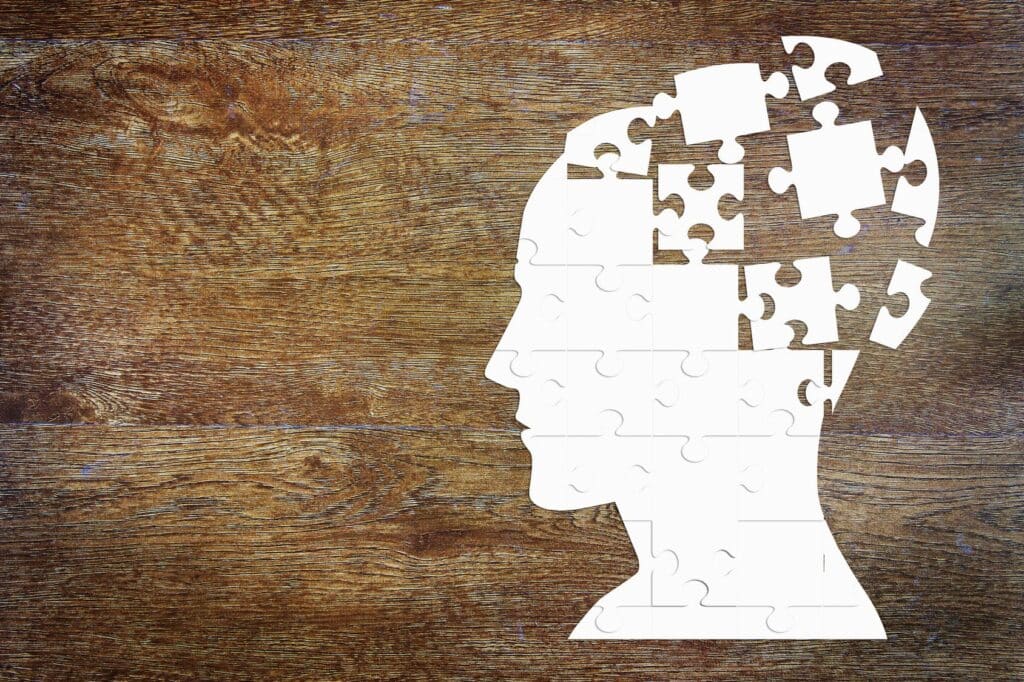Drugs can significantly affect the way in which your brain chemistry functions, which is directly related to how you process thoughts and emotions. The mentality of someone who is attempting to overcome an addiction or habitual drug misuse is complex and not always easy to understand. If you have found yourself at a crossroads where you desperately want to overcome addictive behavior but you aren’t sure exactly how to go about getting started, your journey has only begun. Being aware of your situation and knowing you need to make a change is exactly the best place to start. The next steps that can lead you closer to overcoming your addiction involve finding the most productive mindset for change.
Growth Mindset vs. Fixed Mindset
Scientist Carol Dweck and other mental health professionals have studied the concept of growth and fixed mindset over the past 30 years and have discovered how different mentalities can affect the outcome of people’s goals. It’s the idea that certain abilities can be developed and don’t need to rely on a fixed mindset that views things in a very “black or white” way. A more progressive growth mindset can significantly help those with addiction break through many stigmas of addiction and remain on a successful road to recovery. The growth mindset allows room for expansion, movement forward, and positivity, helping brain neurons develop and grow.
Fixed Mindset
- I’m either good at this, or I’m not
- If I’m frustrated, I give up
- I don’t like being challenged
- If I make a mistake, I’m a failure
- Tell me I’m smart
- I’m threatened by other’s success
- My abilities determine everything
Growth Mindset
- I can learn anything if I want to
- If I’m frustrated, I persevere
- I’m always up for a challenge
- I learn from my mistakes
- Tell me I’m trying hard
- I am inspired by success
- My attitude determines everything
The theory behind the growth and fixed mindset was built on a study where students were ranked and tested at the end of a year. Their results were given in categories of “passed,” “not yet” instead of “pass,” or “fail.” Easing the pressure of “failing” and replacing it with a rank of “not yet,” gave a result of students feeling much happier and more determined to succeed overall.
Similar tests have been conducted in communities where systematic discrimination and unequal opportunities exist, proving it helps create positive changes for those who were held down by their societal contexts. This is why the growth mindset works when applied to addiction, as well. People who are dealing with addiction are faced with labels, stigma, and self-fulfilling prophecies in society. A self-fulfilling prophecy is when someone is unwillingly given the role of an “addict” due to family history, upbringing, or other factors, and are seen as such without being given a chance to break away from that label. It’s the same attitude as assuming someone is going to fail, without even letting them try. This is particularly important for preventing young adults from high addiction rates, especially if they are surrounded by an environment that makes them more susceptible. A growth mindset can help break through the stigmas, labels, and oppressive ideas that addiction is unavoidable for a certain group of people.
Mindsets and Addiction
Have you ever heard the adage “once an addict, always an addict”? Using a growth mindset, people can break through barriers of such detrimental notions, or labels that have unfairly been placed on them. When applied to addiction, people using a growth mindset are not defined by their addiction; they are not “addicts”- they are humans. Once we begin to look at all humans as equals, regardless of belief or whatever afflicts them, we can begin to make much more progress in the world. Using words like “yet” or “not yet” can help people who are struggling to find the motivation to overcome their addiction much more efficiently than the attitude of the fixed mindset.
The fixed mindset is an “all or nothing” state of being. There is no “grey area” or “not yet”; there is only “yes” or “no.” This rigid mentality means there are only winners or losers in the world, and when it comes to addiction and recovery that can be a very dangerous way of thinking. The fixed mindset is often associated with people who have a low level of social exposure. Their mind is driven to judgment, feeling the need to apply labels, often damaging or derogatory, on everything they see and everyone they meet. This is how many stigmas came to be surrounding addiction which led to inequality, negativity, and hate. Those who have a disease don’t need to be seen in such a negative light; they should be treated just like anyone else who is sick. They should be encouraged to seek treatment for their illness to get better. We should not be “giving up” on those who have substance use disorder.
Growth Mindset and Recovery
The growth mindset model of thinking is an incredibly helpful tool for people who are looking to overcome their addiction. Humans are resilient and, when given the proper tools, even those who are sick and struggling can recover. You can get better, you can learn from your mistakes, and you can always strive to improve. Engaging your brain in growth mindset activities can help change your perspective on life. Along with trained professionals at a treatment facility, you can defeat the cravings and mental processes that may make you feel as though you could never turn a new leaf.
When people are introduced into a treatment program that follows the concepts of the growth mindset, they are not defined by their addiction, but instead, they are motivated to deal with the challenges to overcome it. It’s time to stop looking at the past, and start looking towards the future. The right mindset is achievable for anyone looking to begin their path to long-lasting recovery.




